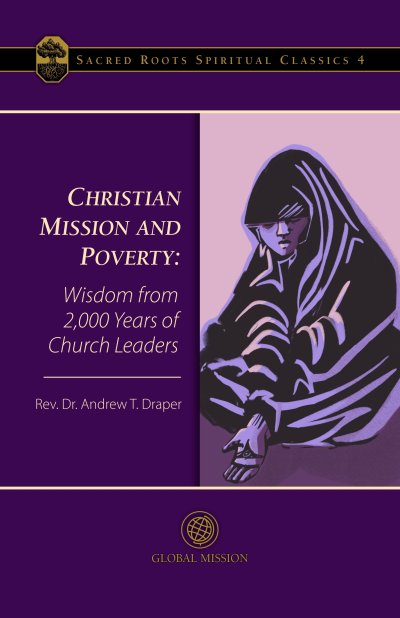
Christianity is the faith of the poor. As Christians, we worship the Lord Jesus Christ, who “though he was rich, yet for your sake became poor, so that by his poverty you might become rich” (2 Cor 8:9). This same Jesus taught his followers that the kingdom of heaven belongs to “you who are poor” and “the poor in spirit” (Luke 6:20; Matt 5:3). He also proclaimed that judgment before his throne will hinge on how his followers treated those who were hungry, thirsty, strangers, unclothed, sick, and in prison—the ones he calls “the least of these my brothers” (Matt 25:31–46).
How do we discern the best responses to poverty? How should we as ministers, church leaders, and businesspeople engage in our communities? What does the Christian faith have to say about poverty? Sometimes it seems that we in the modern American church stand on opposite sides of an impassible gulf as we talk about poverty and justice. Thankfully, there are mothers and fathers of the faith who have thought long and hard about poverty and what Christian mission does and says about it. They are people who, like us, had to figure out how to follow Jesus in their own times and places in regard to these crucial questions. They came to conclusions about poverty and what it means to co-labor with God in God’s mission with the poor.
This book and the series of spiritual classics to which it belongs should be read as if you’re sitting down at a table over a meal or a coffee with leaders of the church from ages past. During this particular gathering, we are going to talk together about poverty. What does Basil or Clare or Martin or Catherine or Howard have to say to us about Christian mission and poverty? What they say may be surprising. It may take us a little bit to get used to how they say it, but when we listen closely we will find that they are thinking about questions similar to the ones we are asking today.
Many of us who are reading this volume, including me, are living and ministering in under-resourced contexts. We may be asking ourselves how we should think about poverty or what we should do to address human need. We may be asking how our commitment to the Lordship of Jesus Christ and our concern for social justice go together. We may be wondering how we should make money or spend money or give money away. We may not be satisfied with many of the answers we’ve gotten from people we’ve talked with or many of the values our societies have offered us. We may realize that we’re lacking something in how we think about Christian mission and poverty. As we sit down with the mothers and father of the faith, they give us a huge gift. They tell us how they thought about similar issues in their times and places and give us clues about how to be faithful Christians today.